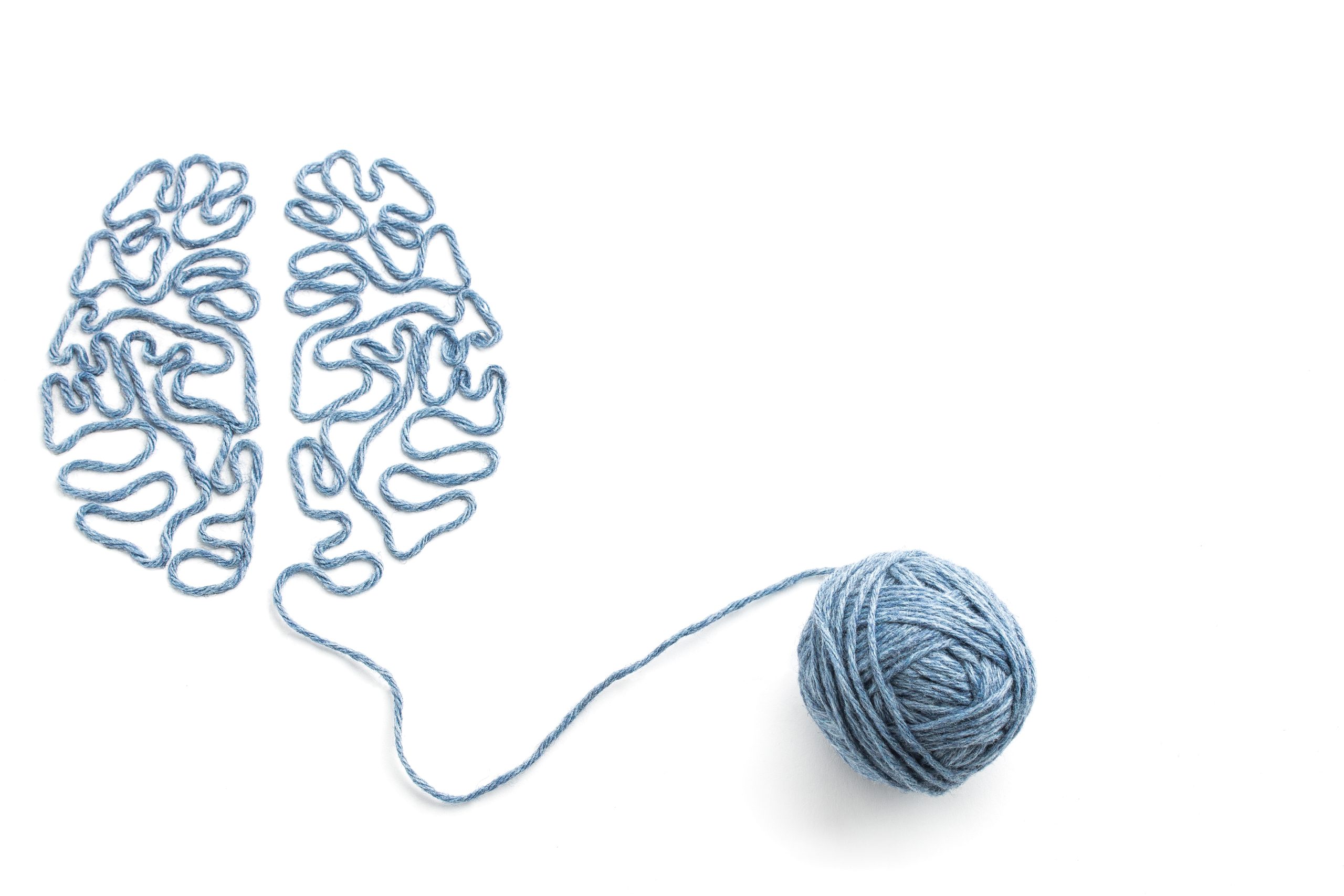Who has the Power to Transform Care?
ASHLEIGH FOX'S THOUGHTS
Who has the Power to Transform Care?
Table of contents
In a perfect world, people would never become numbers within a struggling system, and no one would be stuck in hospitals, where they may be subjected to poor levels of care, and in some cases abuse or neglect.
In this perfect world, the transition process would run like clockwork, with departments working collaboratively, lines of responsibility clearly established, and people would have the time and resources needed to get (and keep!) the ball rolling until people’s outcomes were achieved.
However, one of the main issues that I’m sure we’re all very familiar with (and just as equally frustrated by) is the theme of coordination and communication being disjointed between teams. It’s way too common to find that, for instance, departments in the same regions aren’t communicating with each other in the most effective ways, and no one is quite sure of whose responsibilities lie in particular areas. Teams of professionals have positive intentions – but the waters aren’t easy to navigate, especially in high pressure situations.
Using influence to transform care
Coincidentally, I came across an article recently that said:
“Each of us has the opportunity to become one of the “good people” who improves the lives of others. It may not be your job, but you may have the influence over the people who can make things happen. It is your responsibility to use your power to defend and advocate for others when you are in a position to do so.”
Every one of us can use our position of influence to get people to act, to make a difference to someone journeying from one milestone to another – having conversations about humanity.
Our platforms are there to be a voice for those who can’t always speak up for themselves, highlighting inequalities and urging others to take action, even if that means doing a little bit more than what’s in a job description.
Nobody joins the care profession to do a bad job – but we find ourselves in an unfortunate scenario where despite the best intentions of individuals, we need systemic evolution – and this takes sustained effort over long periods of time, from all of us. This involves valuing the people providing care on the front line, and we’ve come a long way over the last two decades – but there is still a long road to travel.
So here I am, applauding those who care enough to speak up and highlight areas for improvement, but I am also urging the rest of us to step up, and support each other to make things happen; to use our individual and collective influence to make a difference today.
Share This Story













 Go Back
Go Back




